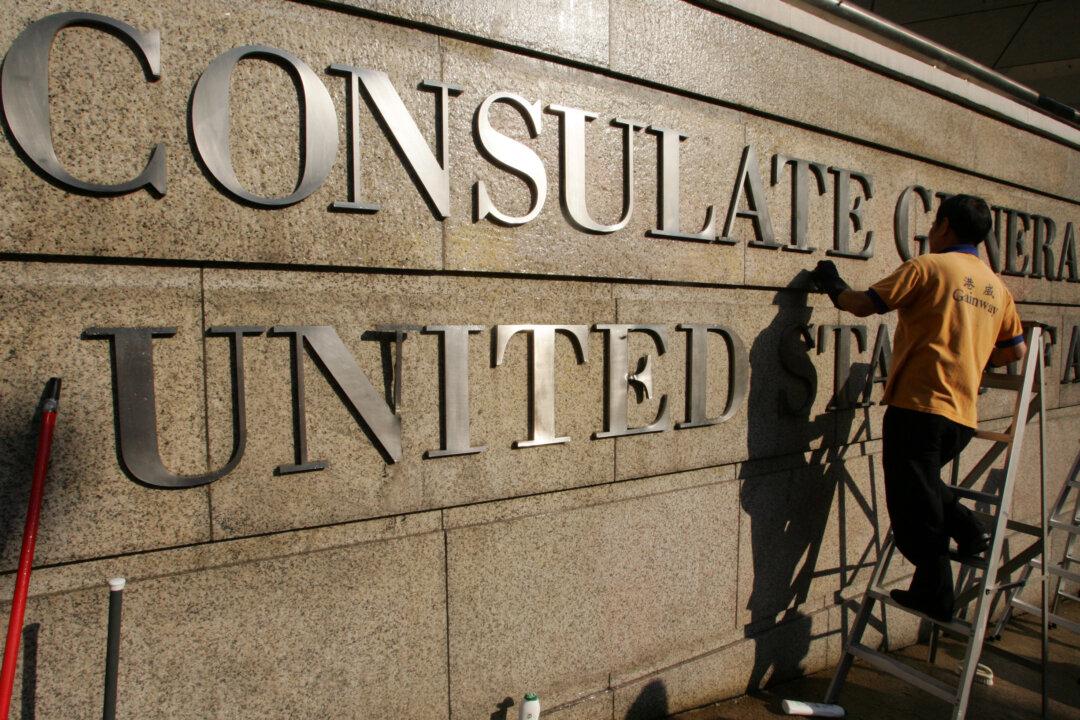HONG KONG—Hong Kong developer Hang Lung Properties said it was unable to complete the purchase of a property owned by the U.S. consulate as scheduled on Wednesday because it involved foreign affairs between China and the United States.
The latest twist in the $331.5 million deal in an upscale location in the financial hub comes amid growing tension between the world’s two biggest economies over a host of issues.





